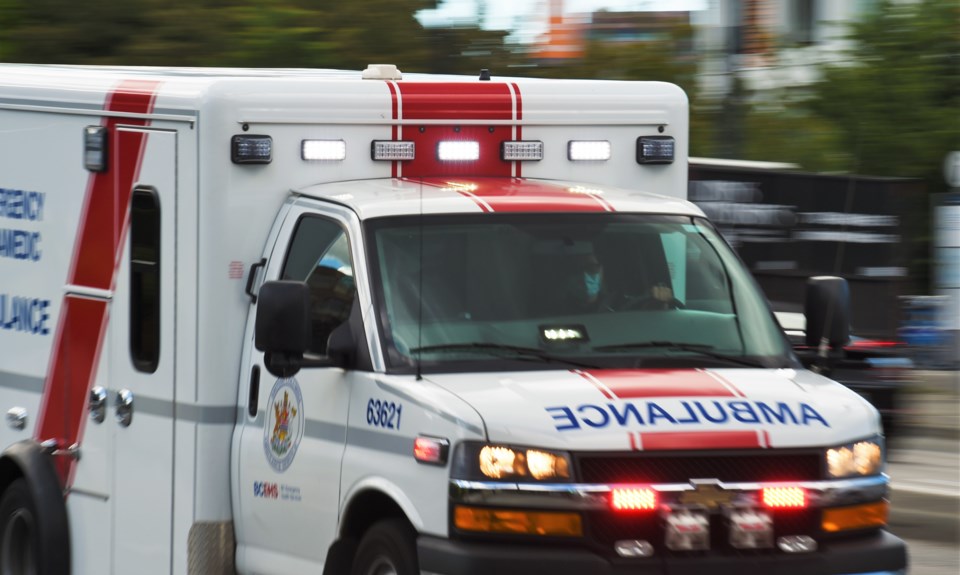With multiple days of record-breaking heat, Â鶹´«Ã½Ó³»Coastal Health (VCH) hospitals saw unprecedented numbers of patients come in with heat-related issues.
And that led to massive wait times.
"The heat has been unprecedented and the visits to the ED because of the heat have also been unprecedented," says Dr. Eric Grafstein, the regional head for the Department of Emergency Medicine, Providence Health Care and VCH.
Over the last five days he says there have been 200 visits in VCH to emergency departments due to the heat. In a normal year, they see five to 10. Over the entire year.
"It's 20 times what we'd normally see," he says. "It's crazy."
In addition to the increased numbers, he says the people coming in with heat-related illnesses were "quite sick." At the same time, the ambulance service struggled to keep up with calls.
"I think people knew it was going to be very hot, but I don't think they understood how devastating it would be," he says.
With the increased demand, emergency departments were packed and wait times spiked; Grafstein says in some cases it was at least nine-and-a-half hours, a wait time he calls "excessively long." At the same emergency rooms, a normal wait time is typically around an hour-and-a-half.
"It was terrible," he says.
He adds that Â鶹´«Ã½Ó³»General Hospital (VGH), the largest and busiest hospital in the region, still has wait times of about four and may take a couple more days to return to normal. While all hospitals were affected by the surge, VGH was the busiest.
"They're better today, I think things were pretty tense for that last few days," he adds.
To help manage patient volumes extra physicians were called in.
"At a very basic level there were more people who needed care than we could handle in our typical fashion," he says.
However, a code orange (disaster) wasn't issued, he notes, despite some online rumours.
The majority of patients dealing with things like heat stroke were older, Grafstein says. There are a few reasons for that; for one, certain medications can limit how much a person sweats as a side effect (like bladder control medication). Also, older people are less likely to deal with thirst, he adds.
"Almost all the patients we saw that were really sick were people that were older, older than 70," he says.
That can lead to heat stroke, where the body's temperature rises to 40 or 41 C and can't cool itself. Left untreated it's deadly. Between Friday and Tuesday afternoon Â鶹´«Ã½Ó³»police responded to 65 sudden deaths, an average of 14 a day. The usual average is 3 or 4 a day. Provincially the heat wave has been linked to 486 deaths.
"If you don't drink as much as you should you become dehydrated and overheat much like how a car radiator would overheat," explains Grafstein.
With files from Stefan Labbé




